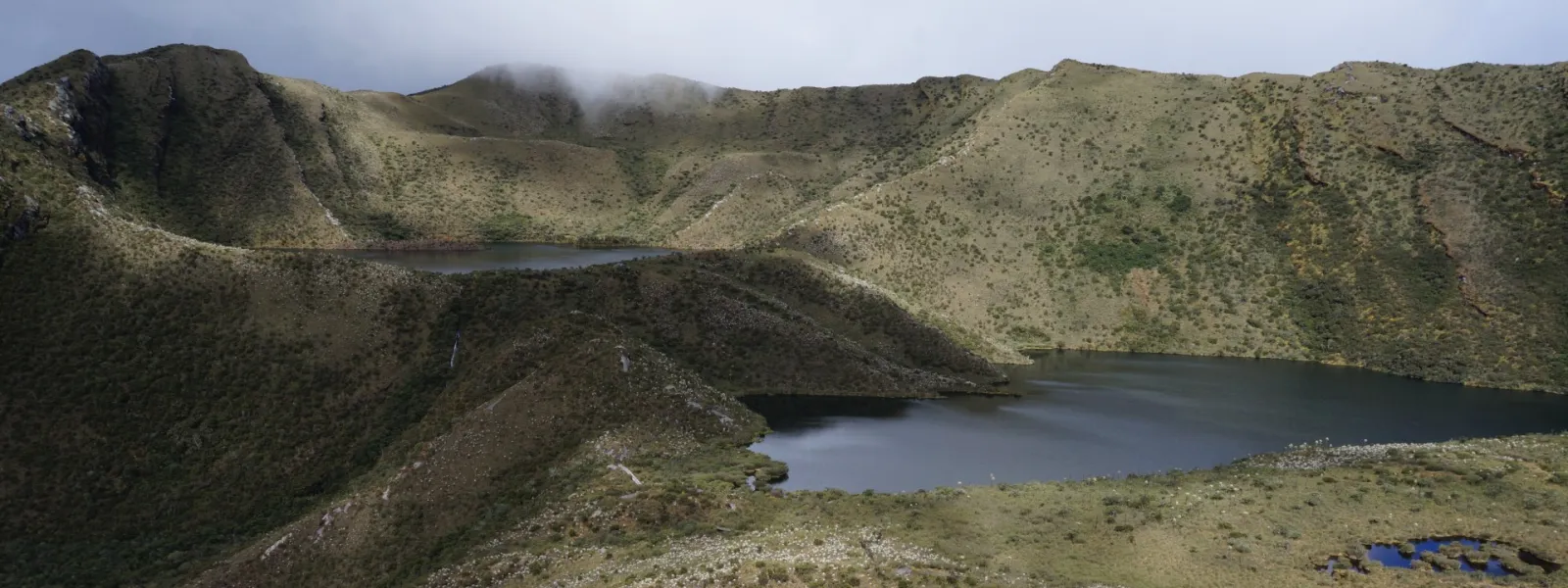
Forest fires: How can we help prevent them?
Photo: Yenny Rodríguez/AIDA.The recent huge fire in the Valparaíso region of Chile has been described as the country's biggest disaster since the 2010 earthquake.
But this year, as in previous years, forest fires and their deadly consequences are not an isolated phenomenon in Latin America. In Colombia, the fires forced the government to declare a national disaster and prompted civil society to call for comprehensive protection of Colombia's forests and páramos. Fire also reached part of Argentina's Patagonia region.
Ninety percent of forest fires are caused by humans, particularly through activities such as logging and slash-and-burn agriculture. The climate crisis is contributing to their greater intensity and frequency, increasing the risks to forests, species and communities. In addition, wildfires affect air quality and thus human health
If this situation is the result of our actions, it is also in our hands to prevent it. What can we do to prevent fires?
Here are some actions that different actors in society can take to contribute to this important task.
What can governments do?
- Design and implement laws to ensure forest security and ensure compliance with existing laws.
- Develop education campaigns to raise public awareness of the importance of forests and how to care for them.
- Strengthen fire prevention and suppression infrastructure, including spray planes, containment barriers, and technology to constantly monitor the health of forests.
What can businesses do?
- Reduce emissions of gases that heat the atmosphere and increase the risk of wildfires by switching to cleaner energy sources.
- If flammable waste is generated, implement policies to dispose of it responsibly.
- Train their work teams to respond to these types of disasters.
- Promote best practices that help protect the environment.
What can citizens do?
- Organize garbage collection groups and avoid making campfires and/or practicing livestock and agricultural activities in the forest.
- Obtain and disseminate quality information about the importance of these ecosystems for life on the planet.
- Follow safety instructions, such as wearing masks and/or evacuating smoke-contaminated areas.
- Be vigilant and make sure we know how to report fires and what action plans are in place to protect our nearby forests.
It is essential that governments, businesses and citizens work as a team to protect forests and promote a culture that cares for the environment and all life.
